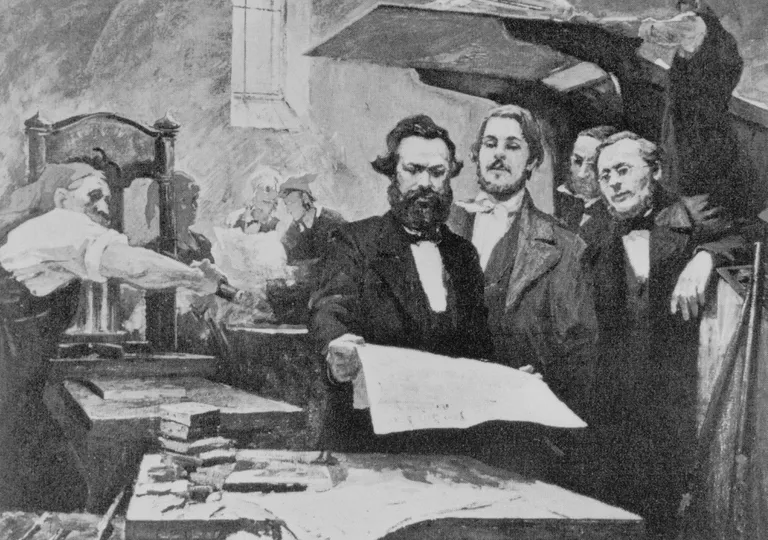Critical Theory
A Marxist-inspired movement in social and political philosophy originally associated with the work of the Frankfurt School. Critical Theory is Cultural Marxism in disguise.
Critical Race Theory (CRT) is not new. While it seems new within the past 18 months, it has deep roots in Marxist ideology.
Coined by legal scholar Kimberlé Crenshaw in the late 1980s, the term "critical race theory" first emerged as a challenge to the idea that the United States had become a "color-blind" society where one's racial identity no longer had an effect on one's social or economic status.1
Critical Race Theory is a subset of “Critical Theory”:
Drawing particularly on the thought of Karl Marx and Sigmund Freud, critical theorists maintain that a primary goal of philosophy is to understand and to help overcome the social structures through which people are dominated and oppressed. Believing that science, like other forms of knowledge, has been used as an instrument of oppression, they caution against a blind faith in scientific progress, arguing that scientific knowledge must not be pursued as an end in itself without reference to the goal of human emancipation. Since the 1970s, critical theory has been immensely influential in the study of history, law, literature, and the social sciences.
https://www.britannica.com/topic/critical-theory
Critical theory emerged out of the Marxist tradition and was developed by a group of sociologists at the University of Frankfurt in Germany who referred to themselves as The Frankfurt School.
We can recognize critical theory today in many feminist theories and approaches to conducting social science. It is also found in critical race theory, cultural theory, gender, and queer theory, as well as in media theory and media studies.

